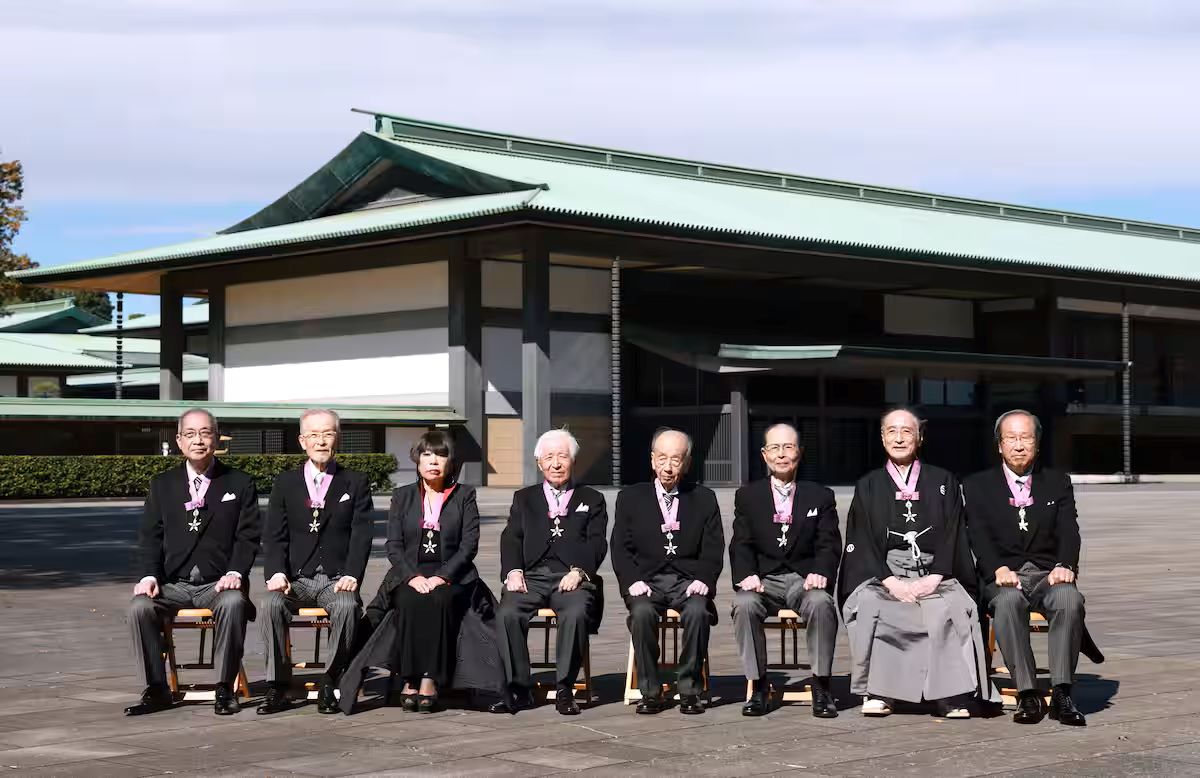Eight recipients were selected for the prestigious 2025 Order of Culture, from fields including sports, kabuki, medicine, chemistry, fashion design, folklore, and art.
Culture itself is the product of a wide range of human activities. In Japan, the Order of Culture is the nation’s highest award. It is bestowed on those who have made outstanding contributions to the development of Japanese culture. In 2025, the recipients were celebrated on Culture Day, Monday, November 3. The whole nation hopes that they will continue to work hard to further develop their respective fields.
Nizaemon Kataoka XV was designated an Important Intangible Cultural Property (“Living National Treasure“) for his contributions to the theatrical art of kabuki. He made his debut in 1949, shortly after the end of World War II. At the time, kabuki’s continued existence was in danger, and Kataoka recalls, “When I was young, there were even times when I wondered if I shouldn’t just throw in the towel.”
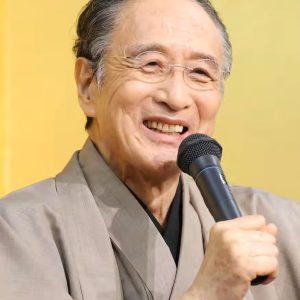 Kabuki actor Nizaemon Kataoka XV, recipient of the Order of Culture (©Sankei by Naoki Aikawa)
Kabuki actor Nizaemon Kataoka XV, recipient of the Order of Culture (©Sankei by Naoki Aikawa)
Recently, the world of kabuki seems to be bustling, thanks to the popularity of the movie Kokuho. However, during its long history, kabuki, too, has had its fair share of ups and downs.
It is not easy to preserve tradition while adapting to changing times and passing on arts and techniques to the next generation.
Recipients in 2025
Eight individuals were honored with the Order of Culture in 2025. In addition to Kataoka, they include legendary baseball player and manager Sadaharu Oh. Still active in baseball, Oh is currently chairman of the Fukuoka Softbank Hawks, winners of the 2025 Japan Series. The 2025 winner of the Nobel Prize in Chemistry, Susumu Kitagawa, was likewise recognized.
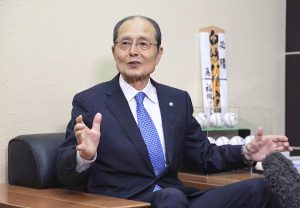 Sadaharu Oh gives an interview after being selected to receive the Order of Culture. (Photo courtesy of the Fukuoka SoftBank Hawks)
Sadaharu Oh gives an interview after being selected to receive the Order of Culture. (Photo courtesy of the Fukuoka SoftBank Hawks)
Two other scientists ー humanitarian and heart surgeon Yasunaru Kawashima, and organic synthetic chemistry researcher Hisashi Yamamoto ー were also honored with the Order of Culture. Representing the arts, folklorist Kazuhiko Komatsu, fashion designer Junko Koshino (Junko Suzuki), and art critic Nobuo Tsuji, round out the eight recipients of 2025.
‘Lifestyle Culture’ Would Add Washoku, Sake
Meanwhile, the “Living National Treasure” system is undergoing changes as well. The Council for Cultural Affairs has submitted a recommendation to the Minister of Education, Culture, Sports, Science and Technology to add “lifestyle culture,” such as food, to the list of subjects that had previously been limited to performing arts and crafts. This would be the first change to the system in half a century.
There is a possibility that chefs or master sake brewers may be named “Living National Treasures” as early as 2026.
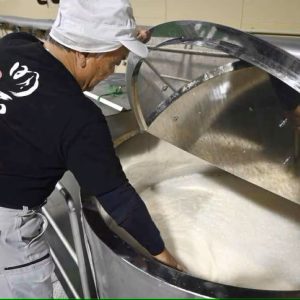 A sake brewer is shown mixing fermenting mash in Akashi City, Hyogo Prefecture.
A sake brewer is shown mixing fermenting mash in Akashi City, Hyogo Prefecture.
Living National Treasures are individuals who have developed highly advanced intangible “skills”(waza) that are extremely valuable from the perspective of history or the arts. The program of the Japanese government recognizes such individuals with an eye to helping them further develop their skills and foster successors. It provides support in the form of a special subsidy of ¥2 million JPY ($13,000 USD) per year per recipient.
A likely catalyst for the current review of the system is the growing interest in and appreciation for Japanese food culture around the world. Following in the footsteps of washoku (traditional Japanese cuisine), “traditional sake brewing” was registered as an intangible cultural heritage by the United Nations Educational, Scientific and Cultural Organization, better known as UNESCO, in 2024.
Despite that honor, the volume of sake shipped nationwide continues to decline due to competition with other alcoholic beverages and a lack of successors in the industry.
Naming preservers of Japan’s food culture as “Living National Treasures” should help improve the status of chefs and brewers. It would also provide a major incentive for developing successors. After all, nurturing the development of human resources is essential for cultural development.
Remembering the Emperor Meiji
November 3 marks the birthday of Emperor Meiji. Until 1947, the day was celebrated as a holiday to commemorate his legacy. From the following year 1948, however, it was recast as Culture Day. Since then, it has been set aside as a special day for the promotion of culture. However, we should not forget its history, even as we strive to further promote Japanese culture.
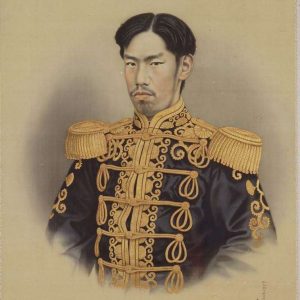 Emperor Meiji
Emperor Meiji
RELATED:
(Read the editorial in Japanese)
Author: Editorial Board, The Sankei Shimbun
Continue Reading
